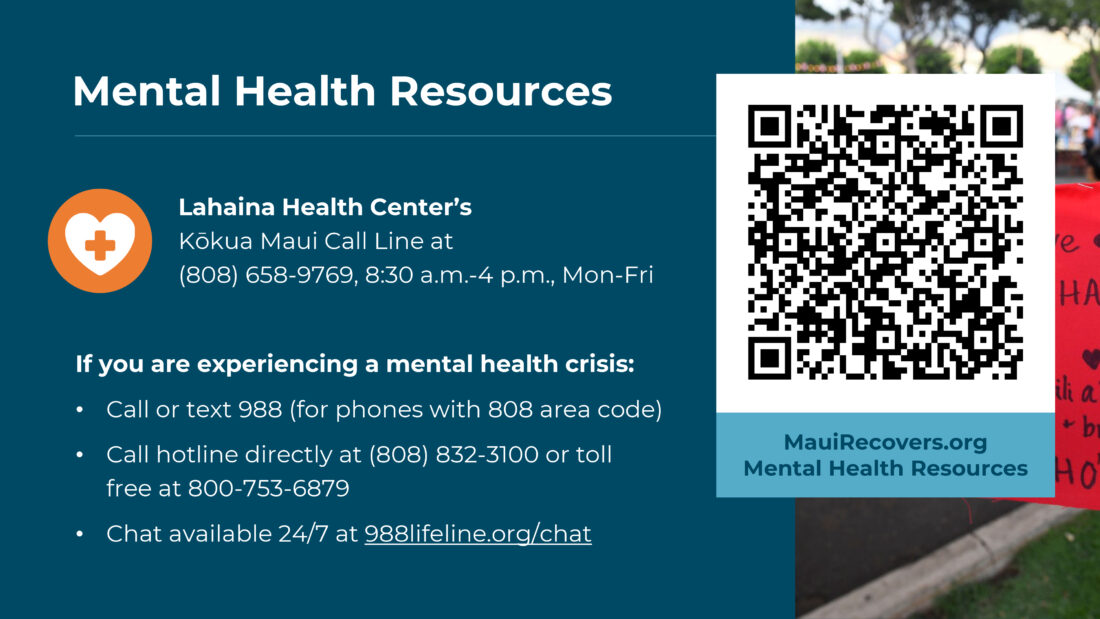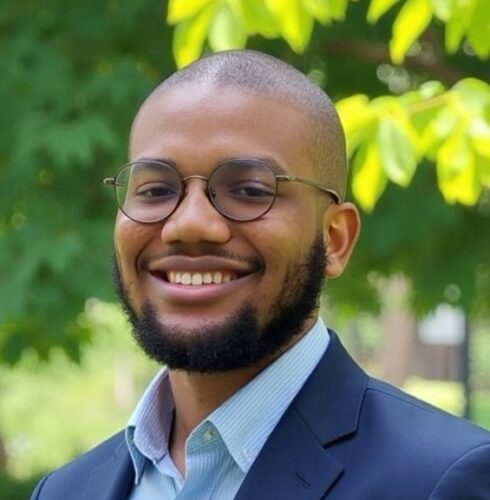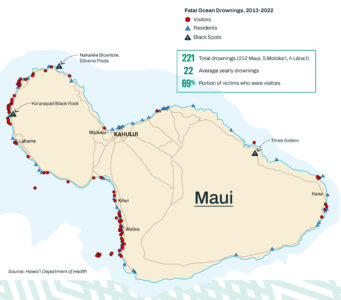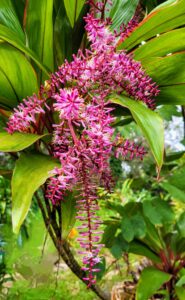Maui suffering from severe lack of mental health worker

This slide directing people to mental health resources was shared during a Lahaina community recovery meeting on Wednesday. For more, follow the QR code or go to www.mauinuistrong.info/resource-categories/mental-health. Courtesy photo
Maui has many residents suffering unresolved trauma from the August 2023 wildfires, but the county is facing a crucial shortage of mental health professionals available to help them.
According to Dave Fields, a psychiatric-mental health nurse practitioner and founder of Fields Psychiatric Consultants, the situation has reached a point that it poses a public health threat. He said Maui’s mental health system was overburdened prior to the wildfires, and the tragedy has only exacerbated the problem.
“Studies tracking survivors show alarming spikes in mental health problems,” Fields said. “About half of adults have developed depressive symptoms that include insomnia, fatigue, loss of appetite and anxiety levels have increased tenfold compared to before the fire.”
Fields said Maui would need a 59% increase in adult psychiatrists and a 77% increase in child and adolescent psychiatrists to meet the population’s current needs.
“Until we boost the workforce, it will remain very challenging for people, especially teens and those with acute trauma, to get timely, appropriate care,” said Fields, who recently opened a clinic on Market Street in Wailuku.

Dave Fields is a psychiatric-mental health nurse practitioner and founder of Fields Psychiatric Consultants. Photo courtesy Fields Psychiatric Consultants
Malia Bohlin, chief development officer for Maui Behavioral Resources, has seen a shift in services as more providers have moved to meet clients in Lahaina.
“Right now, we have special funding to bring these providers on, but eventually that will go away,” Bohlin said.
She said more Spanish speaking providers are needed and that members of the Micronesian community are likely underserved as well.
Bohlin explained that the aftermath of the wildfires necessitated a concentration of professionals to deal with an overwhelmed and traumatized Lahaina community, but she added that, “we’ve missed people who have moved away, either off island or they are no longer in Lahaina, because so many of the providers have shifted to Lahaina.”
“We continue to hear that survivors want local people from Maui, people who have relationships with the people of Lahaina,” she said.
In its two-year impact report, Maui Strong, focusing on wildfire survivors, the organization reported it had donated $6.1 million toward mental health and provided to 53 grantees delivering culturally grounded and clinically sound care, from counseling and art therapy to peer support and traditional healing.
“People are finally feeling safe enough to come out and get services,” Bohlin said. “This is the natural progression in a crisis, as people’s basic needs are beginning to be taken care of.”
Like Fields, Bohlin said affordable housing is a priority for both residents and mental health professionals seeking work in Maui.
“We know that the housing crisis is real,” Bohlin said. “With the temporary housing, many people are uncomfortable in small, confined quarters, and feel like they are in a pressure cooker. There is a lot of stress and anxiety as they try to deal with this new situation. That can lead to an increase in domestic violence and child abuse. We’ve seen reports on an increase in (sex) trafficking with Filipino women.”
Fields said the lack of mental health staffing leads to long waitlists or having to see providers via telehealth from other islands or mainland. The wildfire recovery has stretched our small mental health workforce to its limit.
“If you’re a parent seeking a trauma therapist for your child, for example, you might find that the only specialist is booked out for months,” he said.
Fields said that based on his experience and practice, the rate of severe depression has roughly doubled, and four times as many adults are experiencing suicidal thoughts now versus pre-August 2023.
Recently published studies in the Journal of American Medical Association focused on the physical mental health impacts on fire survivors in Los Angeles and Maui. Jonathan Purtle, an associate professor of public health and policy management at New York University, was the lead author of a study that centered on Maui.
The study found that combined suicide and overdose deaths jumped 97% on Maui and 46% statewide in August 2023. Maui’s suicide rate alone was 182% higher than the other islands that month.
Fields said calls to the 988 Suicide and Crisis Lifeline rose 41% after the August 2023 wildfires, while the calls answered in-state dropped, a sign the system was overwhelmed. Two years after the fires, surveys still show roughly half of adults are reporting depressive symptoms and elevated anxiety.
Fields said he and associates have observed a significant rise in trauma-related mental health issues, including signs of PTSD across the community. Fields identified substance abuse, including the use of fentanyl, as a public health concern.
“Trauma and untreated mental health issues can drive people toward substance use as a form of self-medication. Experiencing a disaster like the Lahaina fire or dealing with PTSD and depression afterward leaves a person in immense emotional pain and stress,” he said.
Fields said heavy drug use worsens mental health. Fentanyl and other opioids can deepen depression and increase anxiety when in withdrawal.
He said one key to improving public health is a combined approach.
“We need to heal the trauma so fewer people seek out drugs, and simultaneously stem the flow of fentanyl and offer treatment so that those who do struggle with addiction can survive and recover,” Fields said. “It’s a tall order, but acknowledging this link is a start. As a community and as providers, we have to treat mental health and substance use as two sides of the same coin in our recovery efforts on Maui.”
Anyone who is experiencing a mental health crisis can call or text 988 or call the hotline directly at (808) 832-3100 or toll free at 1-800-753-6879. Trained professionals are also available to chat 24/7 at 988lifeline.org/chat.
Also, the www.mauirecovers.org website contains a link to a wealth of mental health resources. For more go to www.mauinuistrong.info/resource-categories/mental-health.



